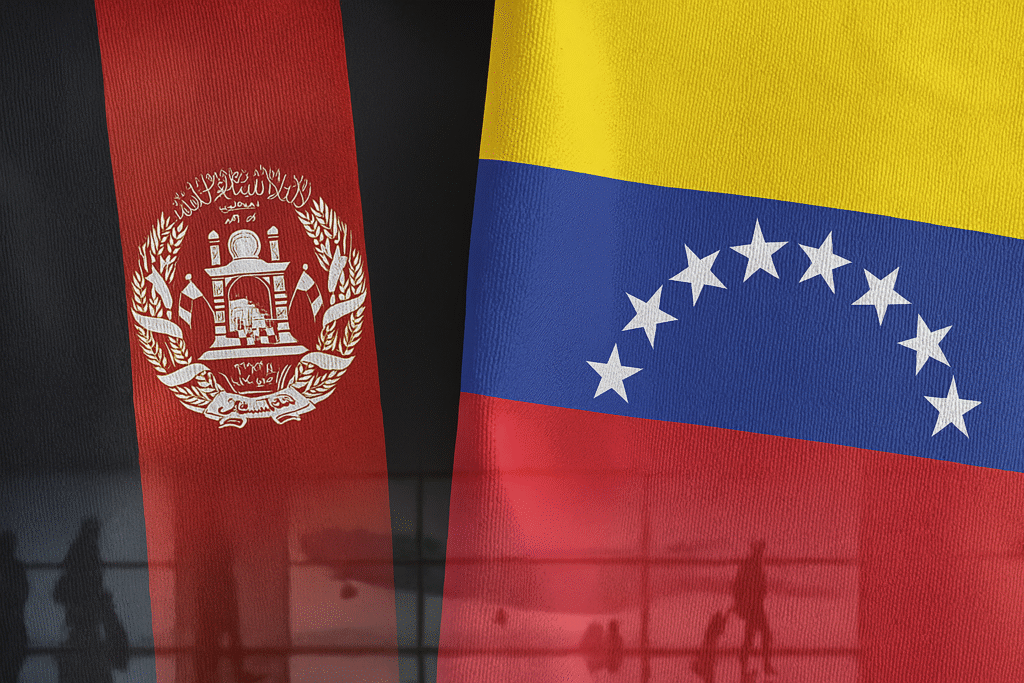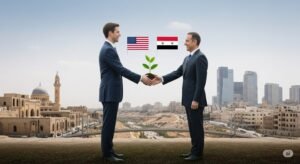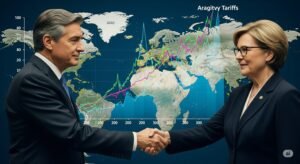Afghanistan and Venezuela condemn Trump’s new U.S. travel ban, calling it discriminatory and politically motivated amid global backlash.
In the wake of President Donald Trump’s latest executive proclamation, sharp international reactions have emerged, particularly from Afghanistan and Venezuela—two of the nations directly affected by the sweeping U.S. travel ban announced this week.
The policy, set to take effect on June 9, bars entry for citizens from 12 countries and imposes partial restrictions on seven others. Officials in Kabul and Caracas were quick to label the move as politically charged, discriminatory, and damaging to already strained diplomatic relations with Washington.
Afghanistan’s interim government issued a formal statement criticizing the ban, arguing that it unfairly punishes Afghan civilians, many of whom rely on U.S. visas for education, medical treatment, and family reunification. “This is a direct insult to the Afghan people,” said one government spokesperson. “We are fighting terrorism alongside international partners, and this policy punishes the very allies America claims to support.”
Venezuelan authorities echoed similar sentiments, stating that the United States is using immigration policy as a political weapon. Caracas officials condemned the decision as a “hostile gesture” that further alienates Venezuela from global dialogue. “This move has nothing to do with security and everything to do with agenda-driven isolation,” said a foreign affairs representative.
Meanwhile, human rights advocates around the world are raising alarms over the humanitarian impact of the restrictions. They warn the ban could separate families, derail students’ academic futures, and endanger lives by cutting off safe passage for those fleeing conflict.
While the White House insists the ban is a measure to bolster national security and protect American citizens, international backlash is growing. Critics argue that sweeping restrictions based on nationality risk deepening mistrust and diminishing America’s standing on the global stage.











